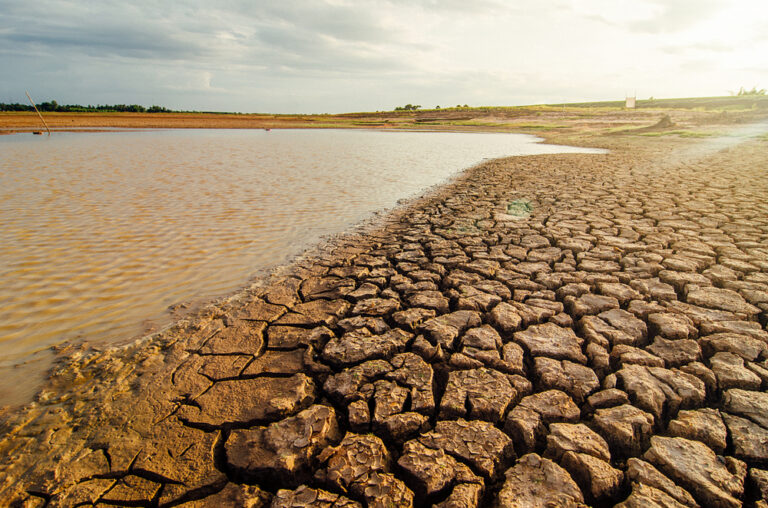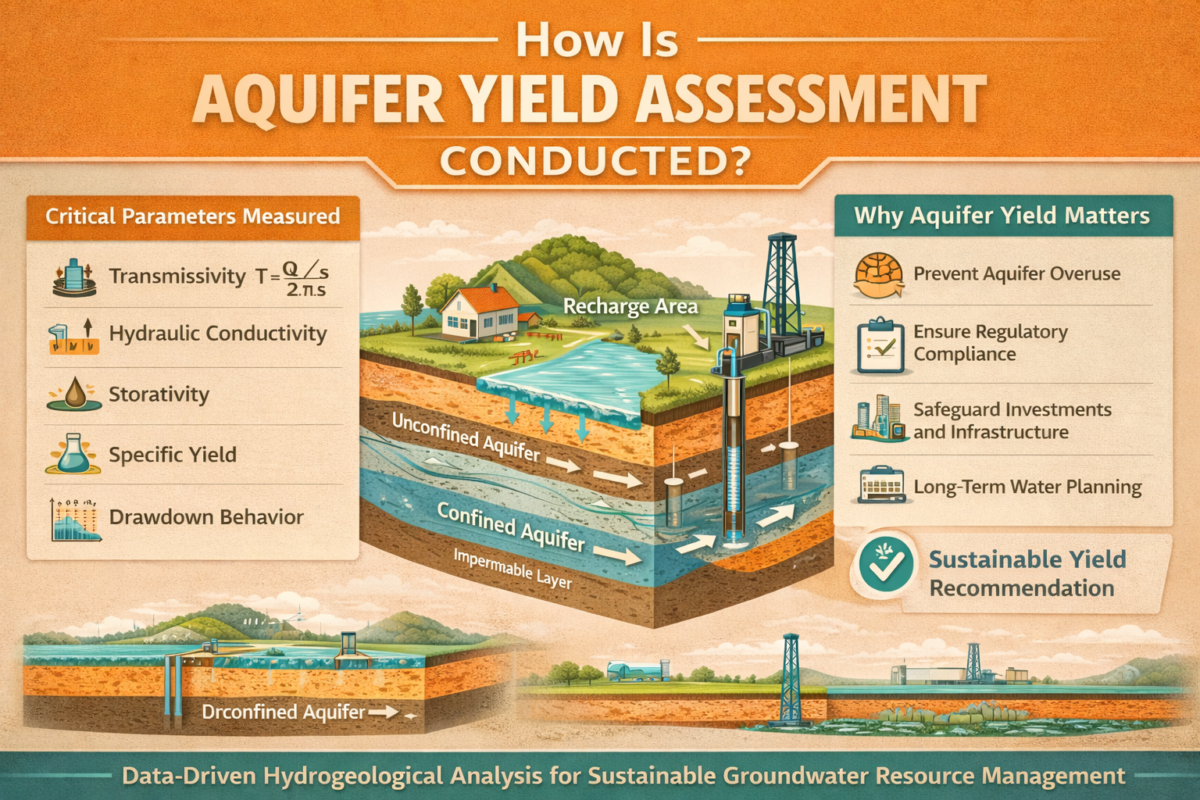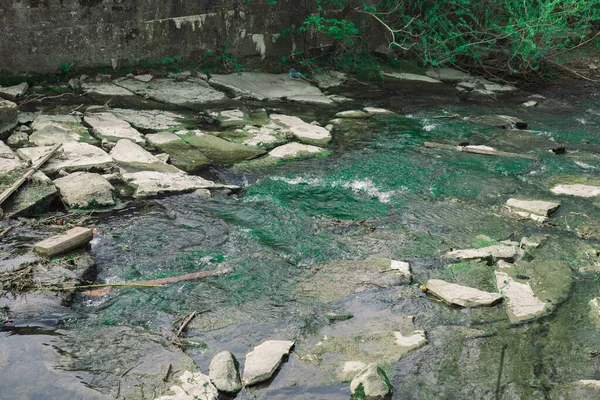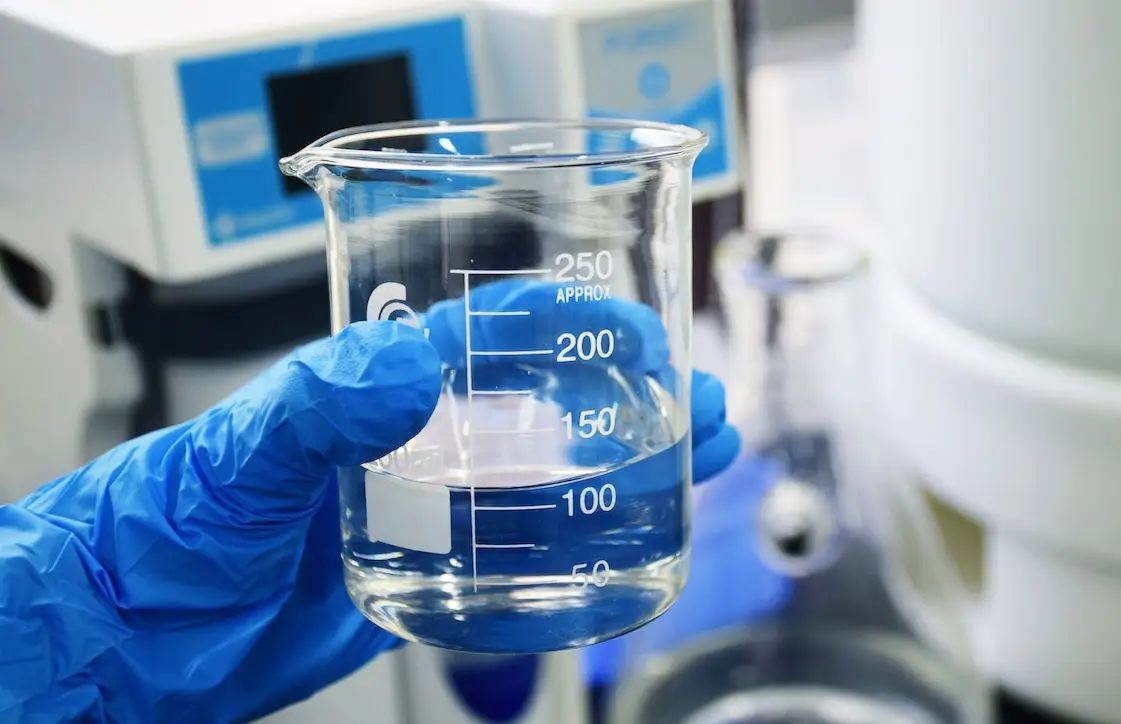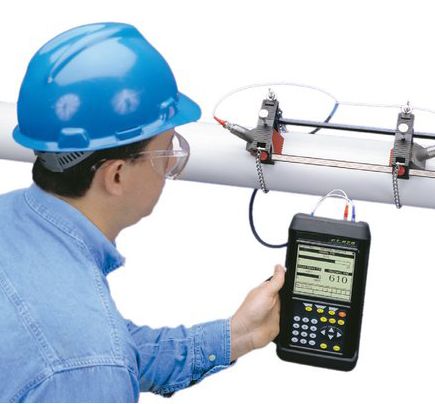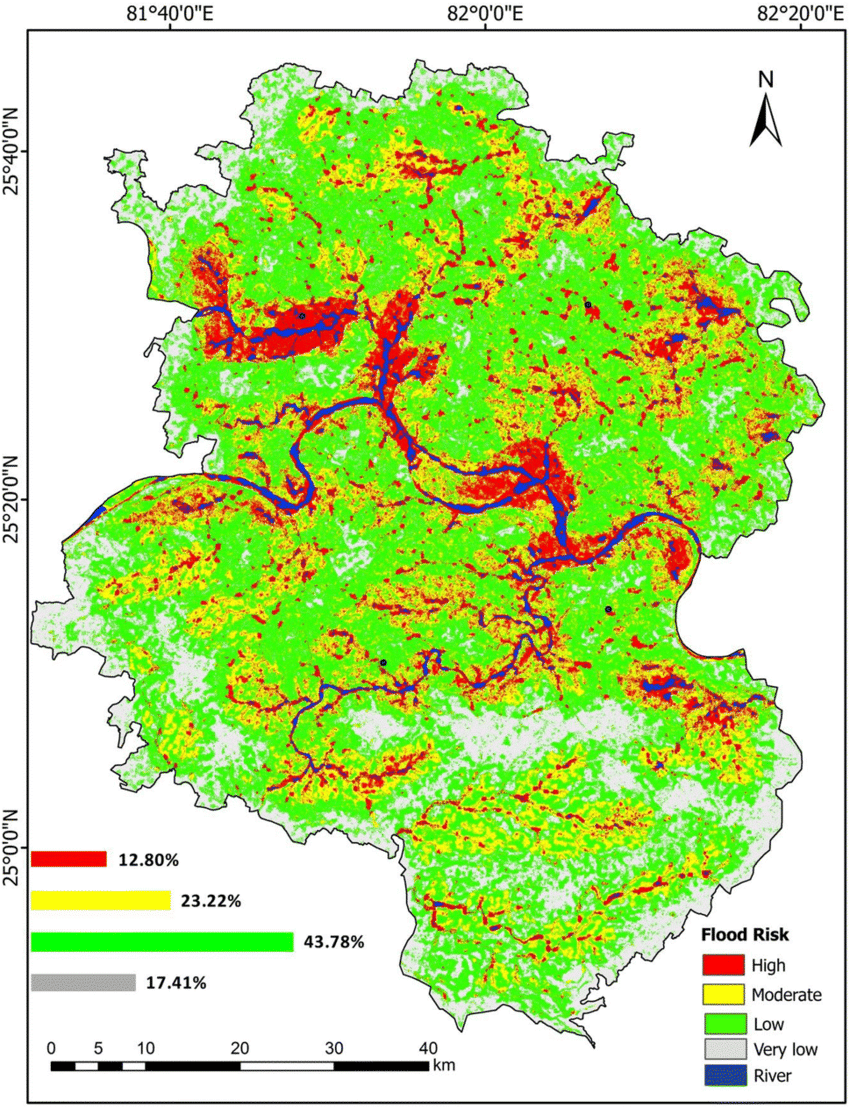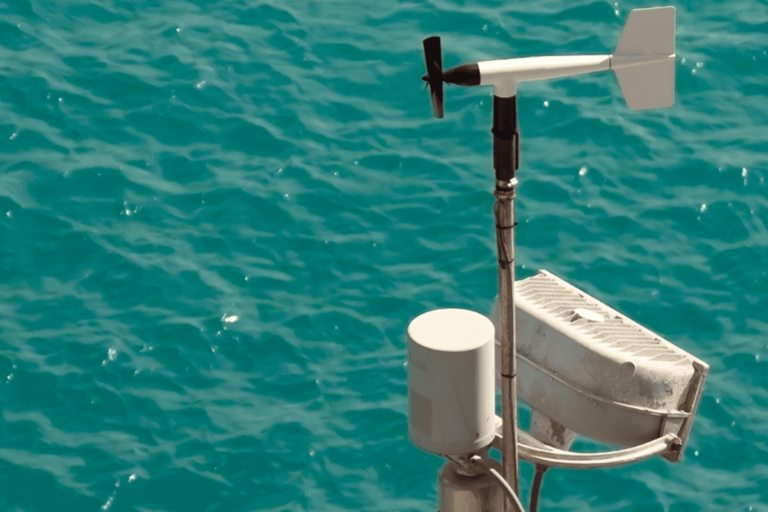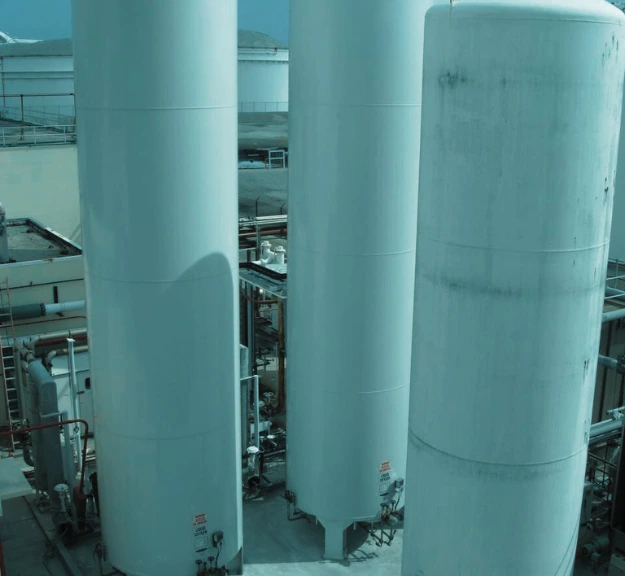Water Risk Assessment Audit: Safeguarding Water for a Sustainable Future
Introduction
Water risk assessment Audit is a critical process that helps organizations, industries, and municipalities understand, evaluate, and manage potential threats to their water resources. As water scarcity, pollution, and climate change intensify, assessing water-related risks has become essential for long-term sustainability and compliance.
At The Ground Water Company (GWC), we specialize in comprehensive water risk assessment audits that evaluate both surface and groundwater systems. Through scientific analysis, data-driven insights, and regulatory expertise, we help clients identify vulnerabilities, implement corrective measures, and ensure water security for the future.
Understanding Water Risk Assessment Audits
A water risk assessment audit involves the systematic evaluation of how water is sourced, used, and discharged within an organization or region. It identifies physical, regulatory, and reputational risks associated with water availability, quality, and management practices.It also includes groundwater risk assessment, which examines aquifer health, groundwater flow, recharge potential, and contamination sources. Similarly, water quality risk assessment focuses on pollutants, chemical composition, and microbial content that can impact drinking water, agriculture, and industrial use.
By integrating these assessments, GWC delivers a holistic view of water security that supports sustainable operations, environmental compliance, and long-term resource planning.
Key Components of a Water Risk Assessment Audit
1. Source Identification and Mapping
Mapping all water sources including borewells, rivers, reservoirs, and rainwater collection systems to assess their reliability and vulnerability.
2. Water Quality Analysis
Testing chemical, physical, and biological parameters to identify contamination risks from industrial effluents, agricultural runoff, or urban waste.
3. Usage and Demand Assessment
Evaluating water consumption patterns in industries, agriculture, or residential projects to optimize usage and reduce wastage.
4. Groundwater Recharge and Depletion Study
Analyzing extraction rates, recharge potential, and seasonal variations to maintain groundwater sustainability.
5. Risk Categorization and Mitigation Planning
Categorizing risks into low, medium, or high-impact zones and developing targeted mitigation strategies such as pollution control, rainwater harvesting, and wastewater reuse.
Benefits of a Water Risk Assessment Audit
- Ensures Sustainable Water Management
By identifying risks early, organizations can adopt strategies that balance water use with natural recharge, ensuring long-term sustainability. - Reduces Operational and Environmental Risks
Audits help prevent disruptions caused by water shortages, contamination, or regulatory non-compliance saving both resources and reputation. - Enhances Groundwater Protection
Through groundwater risk assessment, the audit safeguards aquifers from overextraction, pollution, and salinity intrusion. - Improves Water Quality
Regular water quality risk assessment ensures safe and compliant water for industrial, agricultural, and domestic applications. - Supports Regulatory Compliance and ESG Goals
Helps industries meet environmental standards, government policies, and corporate sustainability benchmarks. - Builds Climate Resilience
Understanding regional water risks helps organizations adapt to droughts, floods, and changing rainfall patterns, making them more climate-resilient.
Why Choose The Ground Water Company (GWC)?
- Scientific Expertise: A team of hydrogeologists, environmental scientists, and engineers with decades of field experience.
- Comprehensive Solutions: From risk assessment to mitigation design and implementation.
- Data-Driven Approach: Advanced GIS mapping, water modeling, and monitoring tools for accurate insights.
- Sustainability Focus: Promoting responsible water use aligned with environmental and social objectives.
- Regulatory Compliance: Expertise in national and international water quality and safety standards.
Conclusion
Water is not just a resource it’s the foundation of every ecosystem, economy, and community. A Water Risk Assessment Audit helps ensure that this vital resource is managed wisely, efficiently, and sustainably.
At The Ground Water Company (GWC), we combine hydrogeological science, advanced technology, and environmental responsibility to identify risks before they become crises. Whether it’s safeguarding aquifers, maintaining water quality, or ensuring long-term sustainability, our audits empower organizations to secure a water-safe future one decision at a time.


